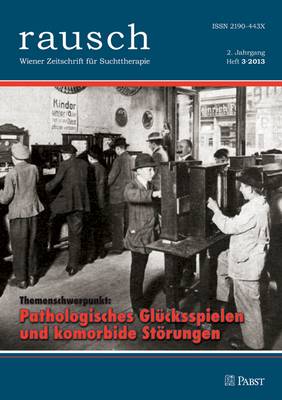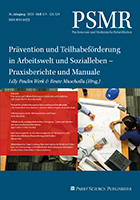Late adolescence is a period when many youth become involved in high-risk behaviors with adverse consequences. Researchers at the Mailman School of Public Health with colleagues at Johns Hopkins University studied the degree to which two such behaviors, adolescent sexual behaviors and gambling, affected African American youth in nine primary schools in Baltimore, MD. In data collected from a cohort study, they assessed whether certain adolescent sexual behaviors linked with unintended consequences such as adolescent pregnancy and sexually transmitted infections [STI]) are associated with gambling behaviors.
The researchers based their analysis on responses to the South Oaks Gambling Screen-Revised for Adolescents. Several questions also assessed sexual behaviors, including age of initiation. The study, "Gambling and Sexual Behaviors in African-American Adolescents," is online in Addictive Behaviors.
The findings showed that of the 427 African-American youth studied almost half the sample - 49% -- had gambled at least once before age 18, and more gamblers than non-gamblers had initiated sexual intercourse by age 18. Approximately one third (35%) had intercourse by age 13 and 89% had engaged in sexual intercourse by age 18.
The data also showed that for those who had gambled by age 18, 46% were frequent gamblers. Among those who had initiated sexual activity, more gamblers than non-gamblers with high impulsivity at age 13 -- defined as being greater or equal to the 75th percentile of the impulsivity subscale of the Teacher Observation of Classroom Adaptation-Revised -- had become pregnant or had impregnated someone. By age 18, more male gamblers had impregnated someone by age 18 as compared to female gamblers becoming pregnant. Nine percent of the sexually active youth ever had an STI.
"Our findings are complementary to earlier studies that showed an association between gambling with an earlier age of onset of sexual activities, however, participants in these samples were predominantly white," said Silvia Martins, MD, PhD, Mailman School associate professor of Epidemiology, and first author. "Despite evidence that problem gambling is more prevalent among African-American adolescents and adults, few adolescent studies included a large subgroup of African Americans in their samples. This study also goes above and beyond prior research as it shows that gambling youth are not only at risk of gambling problems, which are associated with numerous adverse interpersonal, financial, criminal, and psychiatric consequences, but also at risk for sex-related behaviors such as adolescent pregnancy/impregnation."
Dr. Martins strongly advocates for existing prevention programs that target adolescent problem behaviors to also incorporate a gambling prevention/intervention component. Specific interventions should focus upon improving the decision-making skills of adolescents for engaging in gambling activities and techniques to negotiate safer sex attitudes with potential sexual partners, such as using condoms.
Literatur zum Thema:
rausch 3-2013
Themenschwerpunkt: Pathologisches Glücksspielen und komorbide Störungen























